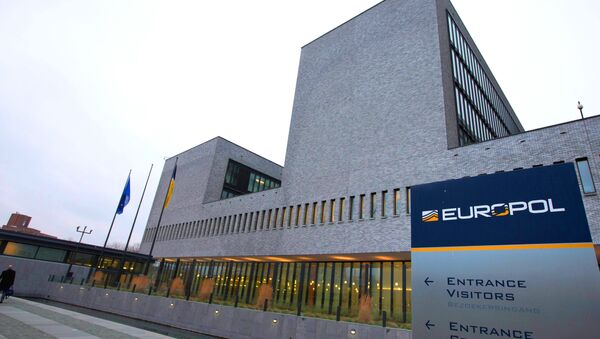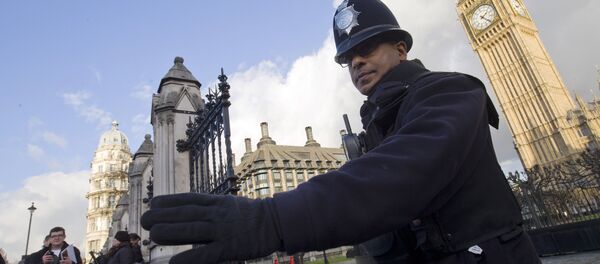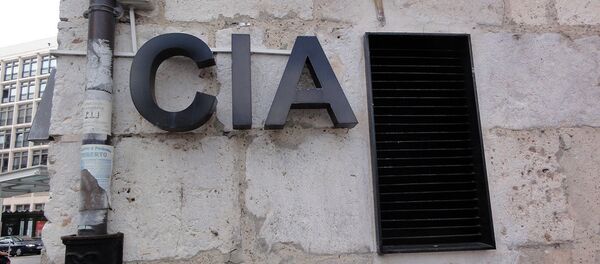The Dutch will be pressing for more cooperation between European law agencies at a meeting of the Global Counter Terrorism Forum (GCTF) and Anti-ISIS Coalition meeting in The Hague Monday, including greater intelligence-sharing, particularly in relation to lists of suspected radicalized Muslims.
Today #ShareStopSecure meeting on counterterrorism. The Global Counterterrorism Forum #GCTF takes part, infographic: pic.twitter.com/mKDUvEzPCJ
— MFA The Netherlands (@DutchMFA) January 11, 2016
Although there are already international protocols in place, the Dutch want Europol and Interpol to be able to share a greater amount of intelligence on their databases.
Intelligence agencies in Europe are facing heavy criticism that one of the November 13 Paris attackers, Salah Abdeslam, from Belgium, was known to the law enforcement services, yet managed to buy detonators in France using his driving license as proof of identity.
Freedom of Movement
The admission comes amid severe criticism of European intelligence agencies for failing to prevent the attacks, in which 130 died and hundreds were injured, despite having most of the attackers on the radar. The ringleader, Abaaoud was able to return from Syria several times via the migrant route of Greece without being detected.
— MFA The Netherlands (@DutchMFA) January 11, 2016
#ShareStopSecure Minister Koenders calls on participants at CT conference to seek assistance from ICCT and GCTF Admin Unit
— ICCT — The Hague (@ICCT_TheHague) January 11, 2016
There was further criticism of the lack of border controls within Europe — under the Schengen agreement — which allowed Abaaoud and his fellow attackers to travel several times between France and Belgium in the run-up to November 13 and — in Abdeslam's case — following the attacks.
One of the November targets was the Bataclan music venue where most of the 130 people died. Other soft targets were the Stade de France, where a match was being played, as well as certain cafes and restaurants.




